1907-1910 Pyongyang Korea Revival
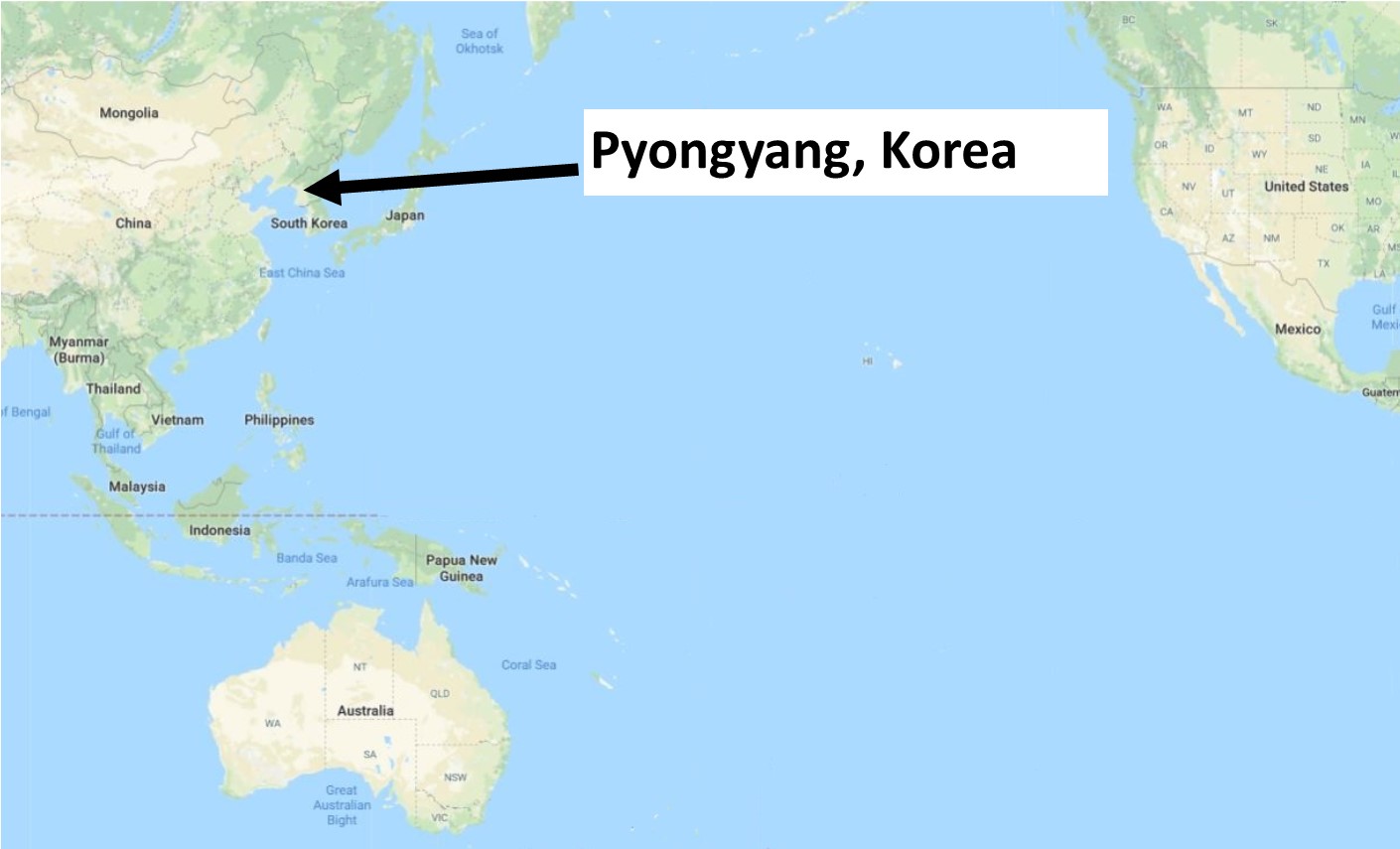
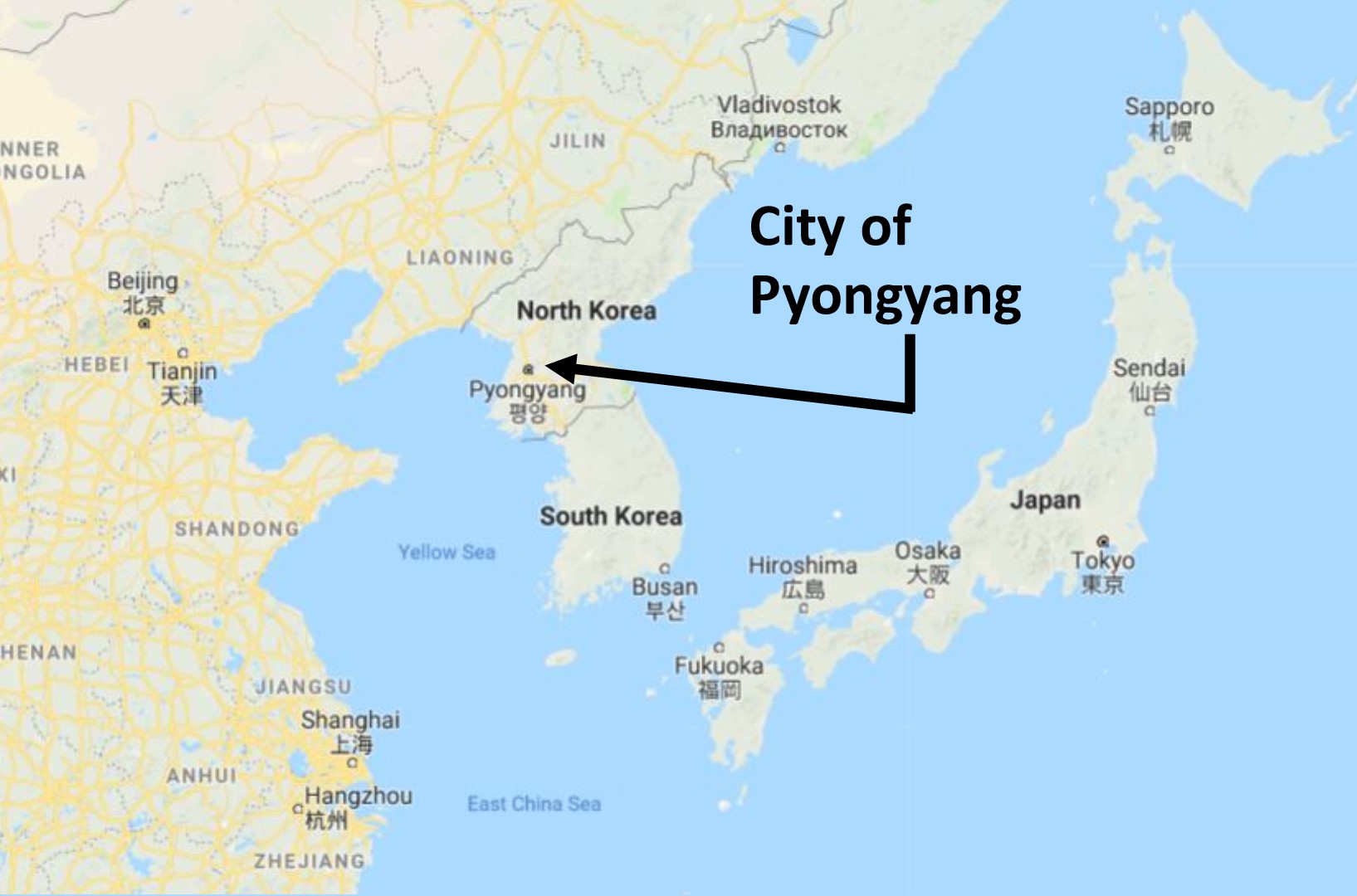
Conditions Prior to the Revival
Beginning in August 1903 the Korean Church had been enjoying tremendous growth due to the revival that began in the city of Wonsan. That revival can be read with this link.
Extraordinary Prayer
►It was in August of 1906, in the City of Pyongyang, where the missionaries gathered for a week of prayer and Bible study. Dr. R. A. Hardie, who had been instrumental in the Wonsan Revival of 1903, was invited to lead the Bible study.
►In September 1906 reports of the 1905-1906 Khasi Hills Revival, and of the 1904-1905 Welsh Revival were shared. These reports increased the missionaries’ desire for revival, and they made a commitment to extraordinary prayer, especially for the Korean believers, who struggled to repent for their hatred toward the Japanese. (The Japanese at that time were occupying their country and exercising severe brutality. Those who refused to bow to the Japanese Emperor were subject to imprisonment, and some were even tortured and killed.) Believers from other churches throughout Korea also heard the reports of the India and Welsh Revivals, and this led to many churches uniting in prayer for revival.
►In December 1906 over 20 Presbyterian and Methodist missionaries from Pyongyang began to meet daily over the Christmas season to pray for revival.
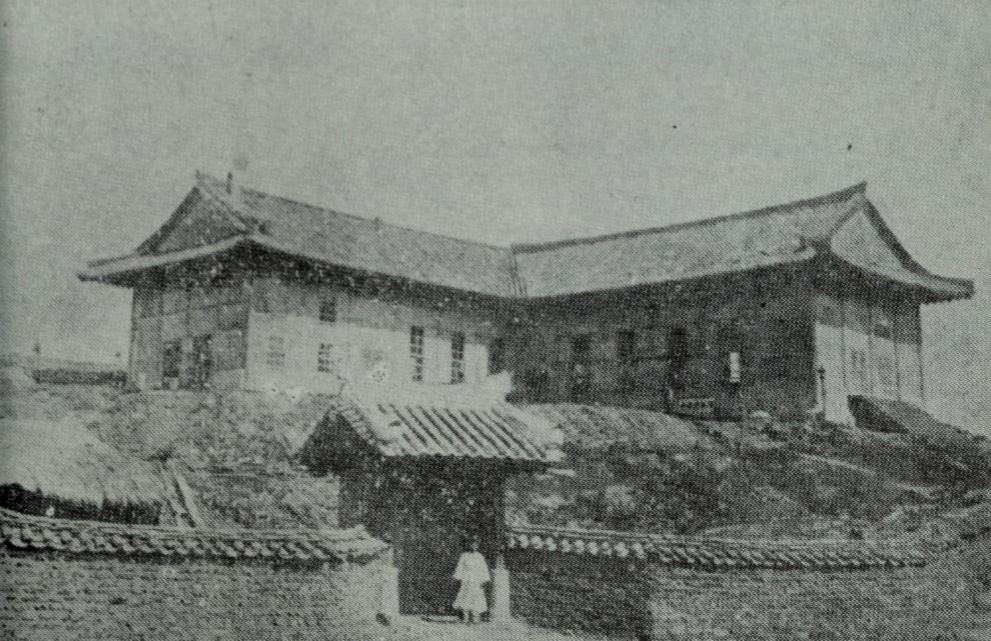
Location where the revival started.
Central Presbyterian Church in the city of Pyongyang
What Happened
The custom of Presbyterian Korean churches was to send representatives, at the beginning of each new year, to a 2-week Bible study in the city of Pyongyang. This would be open to pastors and leaders from throughout the nation.
The Bible study for 1907 started on Wednesday, January 2. The evening meetings connected with the Bible study started on Sunday night, January 6, with 1,500 men being present. This represented leaders from hundreds of churches.
►On Saturday night, January 12, the Presbyterian missionary William Blair had preached on 1 Corinthians 12:27 and about how the Body of Christ are members of one another. After the sermon,
many testified to a new realization of what sin was.
►On Sunday night, January 13,
there was no life in the meeting. The church was crowded as usual, but something seemed to block everything…the devil had been present, apparently victorious.
►At noon on Monday, January 14, the missionaries met, intent on receiving God’s blessing on the service that night, and spent time in prayer, refusing to allow Satan to dampen the gathering. That evening,
each felt as he entered the church that the room was full of God’s presence…impossible of description.
►On Monday night, January 14, a short message was shared and Mr. Lee invited people to offer prayers.
So many began praying that Mr. Lee said, ‘If you want to pray like that, all pray,’ and the whole audience began to pray out loud, all together. The effect was indescribable – not confusion, but a vast harmony of sound and spirit, a mingling together of souls moved by an irresistible impulse of prayer. The prayer sounded to me like the falling of many waters, an ocean of prayer beating against God’s throne.
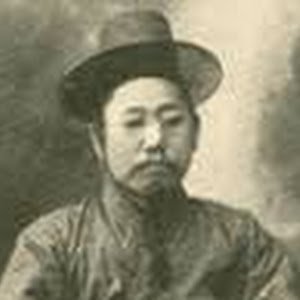
Gil Seon-ju is now
considered by some
to be the father of
Korean Christianity.
One Korean man came forward (Rev. Gil Seon-ju of the Central Presbyterian Church) and confessed his sin of stealing $100, which he said was like the sin of Achan, which was blocking the Lord’s blessing.
Following that man’s confession, Mr. Lee said that
Man after man would rise, confess his sins, break down and weep, and then throw himself to the floor and beat the floor with his fists in perfect agony of conviction.
Lee continued:
Sometimes after a confession, the whole audience would break out in audible prayer, and the effect of that audience of hundreds of men praying together in audible prayer was something indescribable…And so the meeting went on until two o’clock a.m., with confessions and weeping and praying.
►On Tuesday night, January 15, the Lord dealt with a well-known conflict that existed between a Mr. Kang and a Mr. Kim. The previous night Mr. Kang had confessed his hatred for Mr. Kim, but Mr. Kim was silent, unwilling to reconcile. On this Tuesday night, however, during the service, Mr. Kim rose from his seat and came to the pulpit and made this confession:
I have been guilty of fighting against God. An elder in the church, I have been guilty of hating not only [Mr.] Kang You-moon, but Pang Mok-sa [the Korean name for the Presbyterian missionary William Blair].
… Turning to Blair, he said,
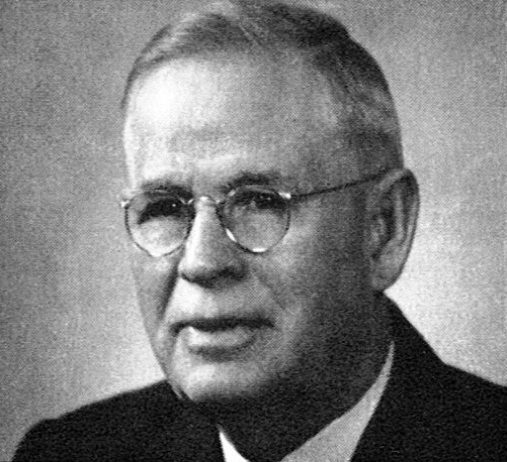
Presbyterian Missionary
William Blair
Can you forgive me, can you pray for me?
Blair came forward and began to pray, but he could only get out two words,
Apa-ge, Apa-ge (Father, Father),
…and he could say no more. Blair then described what happened next.
It seemed as if the roof was lifted from the building and the Spirit of God came down from heaven in a mighty avalanche of power upon us. I fell at Kim’s side and wept and prayed as I had never prayed before. My last glimpse of the audience is photographed indelibly on my brain. Some threw themselves full length upon the floor, hundreds stood with arms outstretched toward heaven. Every man forgot every other. Each was face to face with God. I can hear yet that fearful sound of hundreds of men pleading with God for life, for mercy.
To restore order, Mr. Lee started a hymn, and William Blair writes what transpired next:
Then began a meeting the like of which I had never seen before, nor wish to see again unless in God’s sight it is necessary. Every sin a human being can commit was publicly confessed that night. Pale and trembling with emotion, in agony of mind and body, guilty souls, standing in the white light of that judgment, saw themselves as God saw them. Their sins rose up in all their vileness, till shame and grief and self-loathing took complete possession; pride was driven out, the face of men forgotten. Looking up to heaven, to Jesus whom they had betrayed, they smote themselves and cried out with bitter wailing, ‘Lord, Lord, cast us not away for ever!’
Those attending the conference returned to their churches, carrying with them the “spirit of prayer”, and it impacted the churches and nation with revival. Conviction of sin, confession, repentance, and restitution became the common theme of this revival.
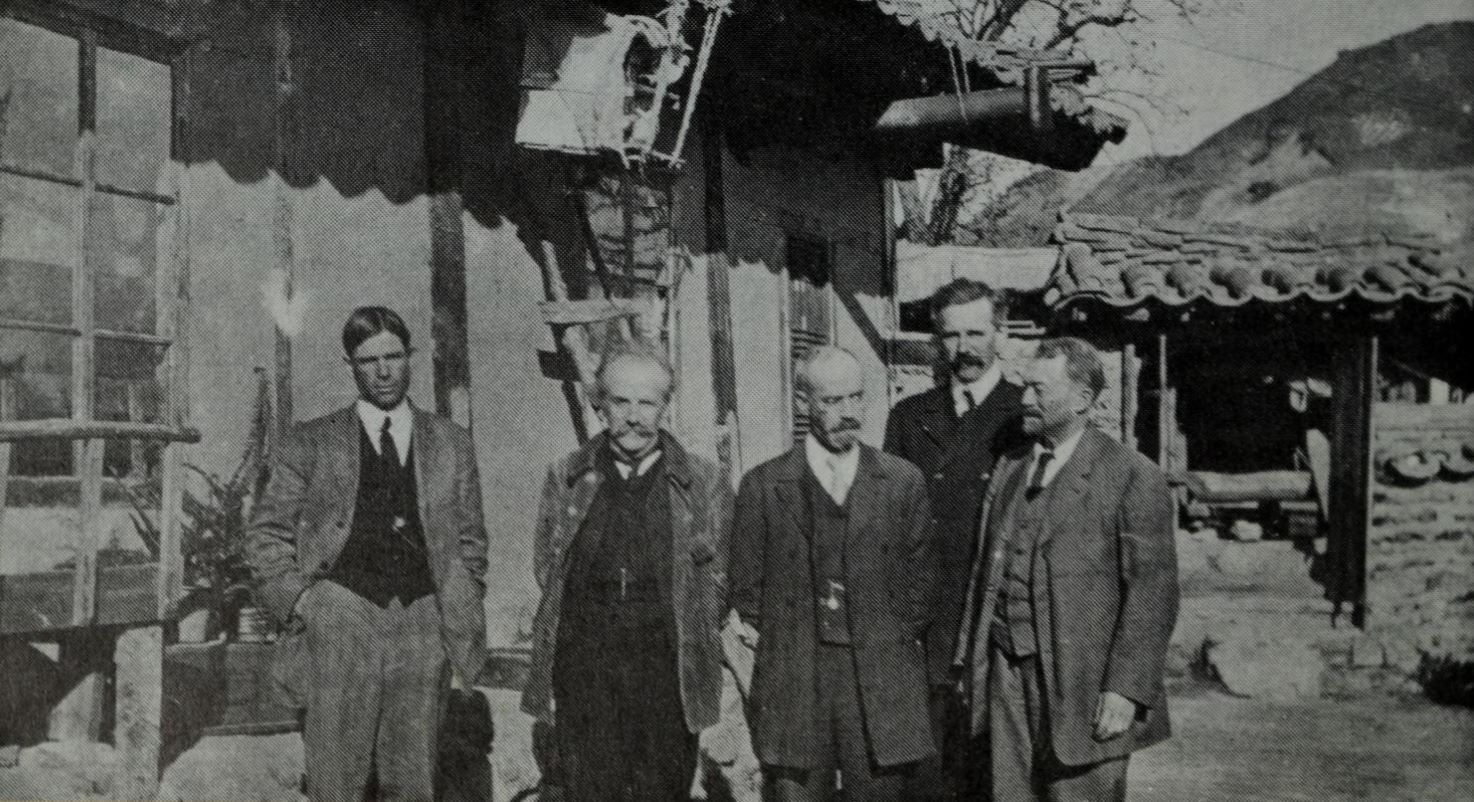 Presbyterian Missionary William Blair, far left.
Presbyterian Missionary William Blair, far left.
Results of the 1907 – 1910 Pyongyang, Korea Revival
►Churches began to be planted everywhere and they grew rapidly.
►Revivals started in the universities.
►Many sensed God’s call on their lives to become evangelists and missionaries.
►Early morning prayer (5am) became typical of Korean believers, with up to 10,000 gathering at times in one place.
►People walked hundreds of miles to attend revival services.
►Persecution from the Japanese increased, but the Church continued to grow.
►By March 1907: 2,000 were converted
►By July 1907: 30,000 were converted
►By 1911 there were 200,000 Korean believers.
►By 1912, there were about 300,000 Korean believers.
►Today the largest churches in the world are found in Seoul.
►Koreans have sent over 10,000 missionaries into other countries.
►The Korean church has become a role model for believers around the world.
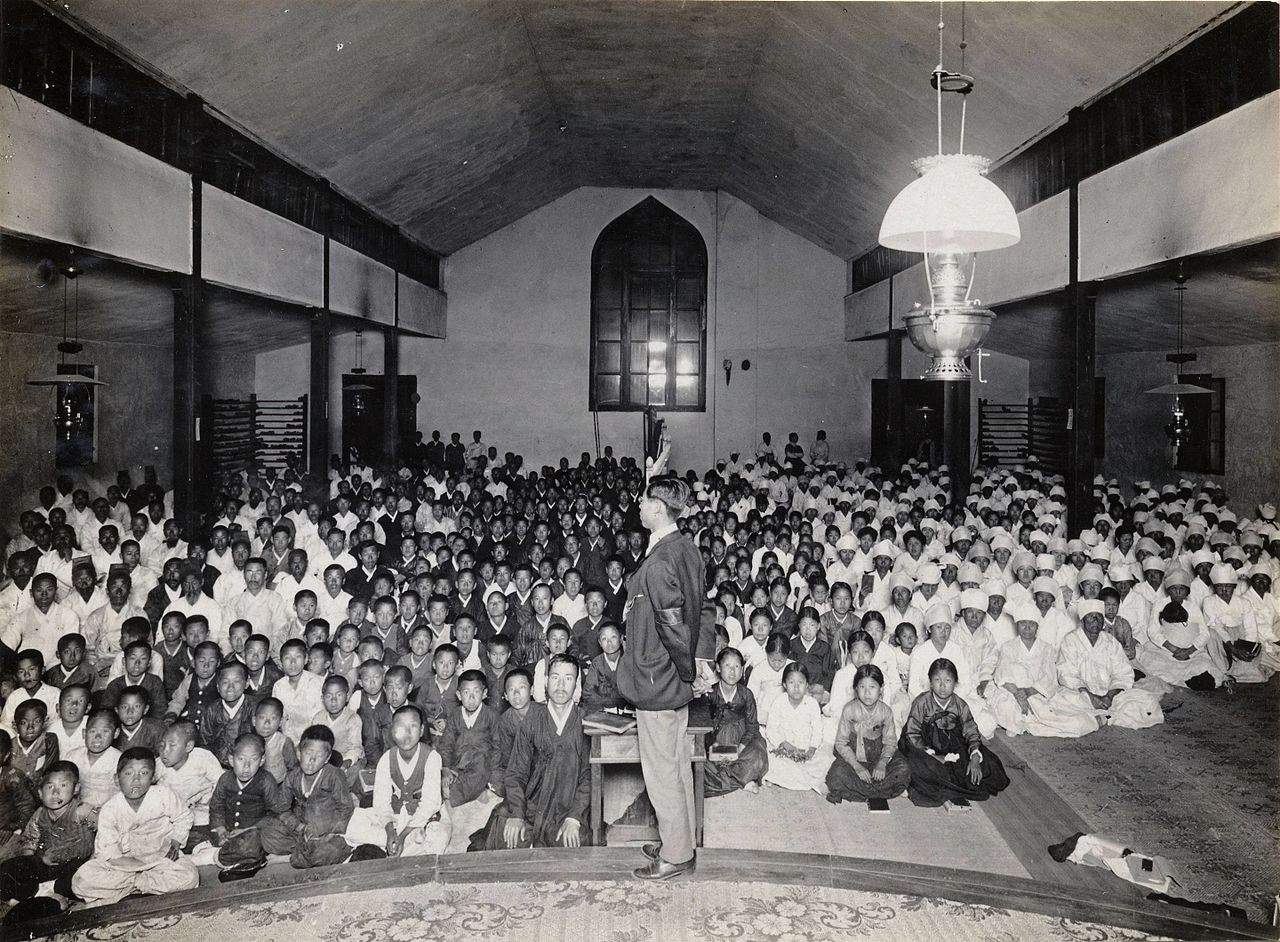 Prayer Meeting in Pyongyang, Korea
Prayer Meeting in Pyongyang, Korea
Sources
► Gil Seon-ju by Wikipedia
► Korean Pentecost: The Great Revival of 1907 by Kelvin Winston
► Korean Revivals by Mathew Backholer
► Pyongyang Great Revival by Mathew Backholer
► Pyongyang Revival by Wikipedia
► Revival Fire by Mathew Backholer
► Revival fires in Korea by Donald D. Owens
► The Flaming Tongue by J. Edwin Orr
► The Korean Pentecost by David Park
► The Korean Pentecost by William Blair
► The Korean Revival by George H. Jones
► The Korean Revival of 1907 Revelation TV
► The North Korean Revival of 1907 by Thomas S. Kidd
► The Pyongyang Revival 100 Years Later by George Thomas
► The Ten Greatest Revivals Ever by Elmer Towns
► When the Spirit’s Fire Swept Korea by Jonathan Goforth
► The Religious Awakening of Korea by The Board of Foreign Missions; Methodist Episcopal Church
Return to List of Revival Stories
Chet & Phyllis Swearingen:
Office: (260) 920-8248
romans1015@outlook.com
Beautiful Feet
P.O. Box 915
Auburn, IN 46706

